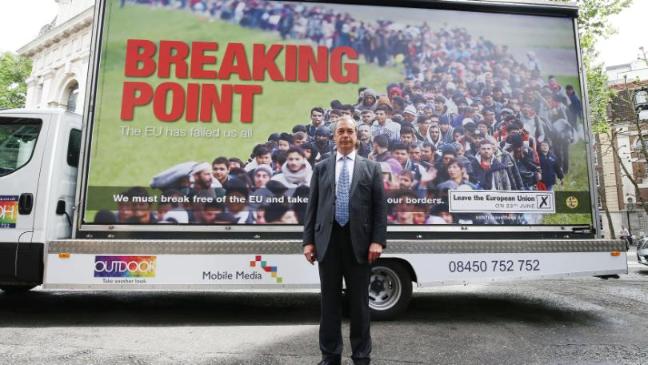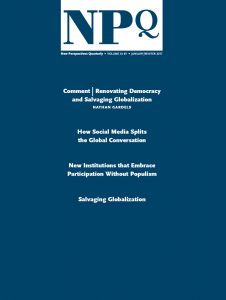"Not In My Name" Fear and Loathing on the Campaign Trail
“Not In my Name” they shouted. That was ten years ago, but it feels as though the same could be said today of the increasingly hate-filled, aggressive tone of public life in the UK, United States and much of Europe. “Not In My Name” was one of the slogans of the campaign against the UK’s invasion of Iraq. Although I was sympathetic to the message at the time, I thought this was a slightly pathetic, anodyne slogan, one which felt...













1754-9469/asset/society_affiliation_image.gif?v=1&s=9197a1a6ba8c381665ecbf311eae8aca348fe8aa)